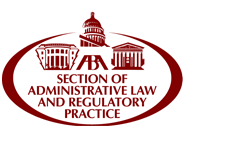Article Title
The Government Shareholder: Regulating Public Ownership of Private Enterprise
Volume
62
Issue
4
First Page
1127
Abstract
While the federal bailouts and stimulus packages are credited with saving the economy from systematic risk, the ownership by the government of large stakes in private enterprise creates numerous legal, ethical and policy issues. Can the government effectively and ethically manage a portfolio of companies as a shareholder when it is also charged with regulating those same companies? To what extent does the government mandate to pursue the public good interfere with corporate duties to maximize shareholder value? Will the expectation of government bailouts lead to excessive moral hazards? Has a political economy—in which entrepreneurial capitalism plays a central role—been irrevocably harmed when the government bails out inefficient firms?
This Article analyzes the role of the government as a shareholder in private enterprise and proposes a set of rules and norms to govern the government as an owner of corporate America. At the core of the regulatory proposal are three principles. First, there must be political insulation of the investment decision and management of assets by creating an independent investment authority. Second, ethical walls should be created between the investment authority and the regulatory agencies overseeing private enterprise. Third, the investment authority should be required to act as a prudent investor with the goal of maximizing the return on investment. In applying these principles, this Article defines a typology of government investments related to infrastructure, social goals, political goals, economic development and financial goals. It offers a set of institutional norms meant to maximize the efficiency of government investment within liberal market economies while reducing the risks of ethical misconduct.
